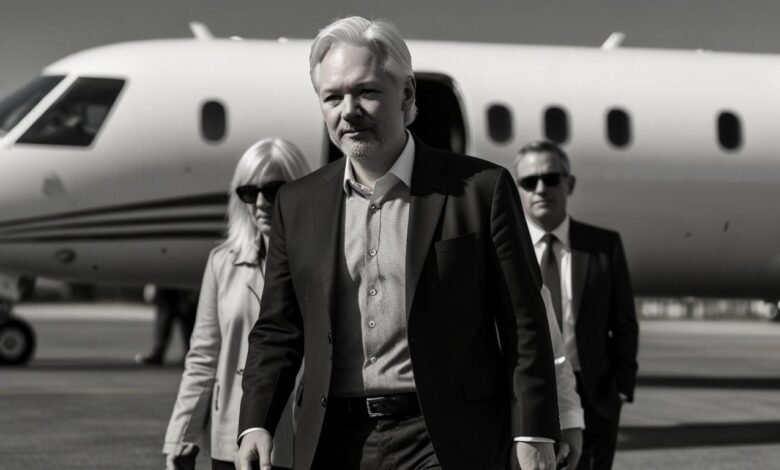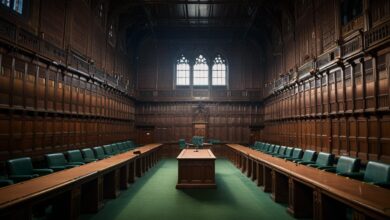Julian Assange Returns to Australia After Guilty Plea in U.S. Espionage Act Case

Founder of WikiLeaks, Julian Assange, returns to Australia after a prolonged legal battle ending with a guilty plea to a charge under the U.S. Espionage Act. His release sparks debate on press freedom and government transparency.
Julian Assange, the founder of WikiLeaks, returned to Australia this Wednesday after entering a guilty plea to a single charge of violating the U.S. Espionage Act in a court in Saipan, Northern Mariana Islands. Assange has been embroiled in a legal battle for over 14 years, stemming from his publication of classified U.S. military and diplomatic documents in 2010. This saga included seven years confined in the Ecuadorian Embassy in London and five years in British prison.
The Australian Prime Minister, Anthony Albanese, welcomed the news of Assange’s release, highlighting that the prolonged legal battle had gone on for too long. Assange’s plea deal, which concluded with a sentence of time served, prohibits him from entering the United States without permission. Upon his release, he promptly boarded a private jet back to Canberra, where he is set to reunite with his family for the first time outside prison.
Former Australian Prime Minister Kevin Rudd, now the nation’s ambassador to the U.S., appeared with Assange throughout the court proceedings. Despite the controversy surrounding Assange, broad political support for his return home has been seen in Australia, juxtaposing the scepticism and criticism from U.S. officials, including former head of U.S. intelligence, James Clapper, and former Vice President Mike Pence, who maintain that Assange’s actions compromised national security.
Assange’s case has sparked significant debate over issues of press freedom and government transparency, particularly in Australia, where laws on espionage remain stringent. His release marks the end of a notable chapter in international relations and press freedom discussions.








